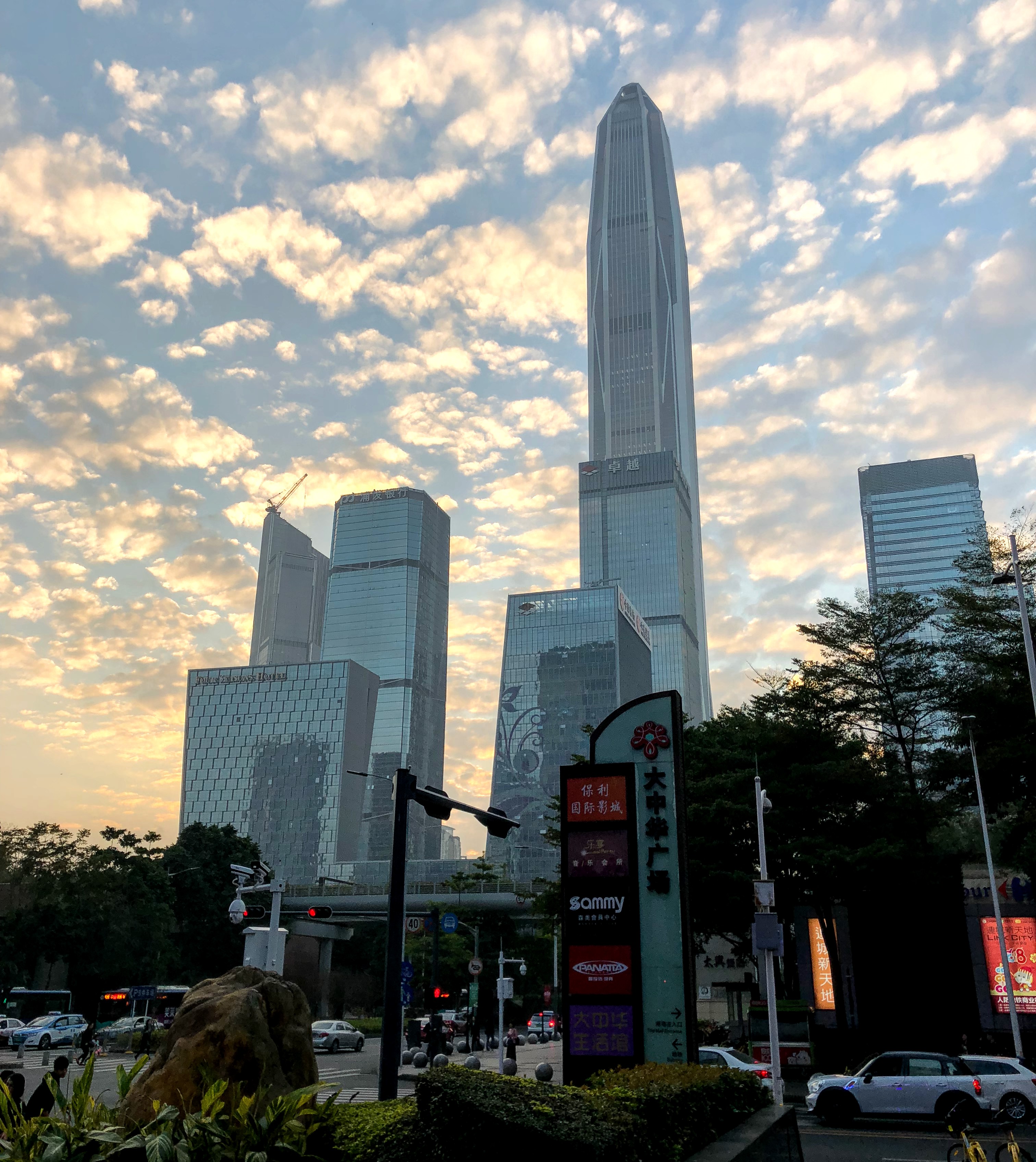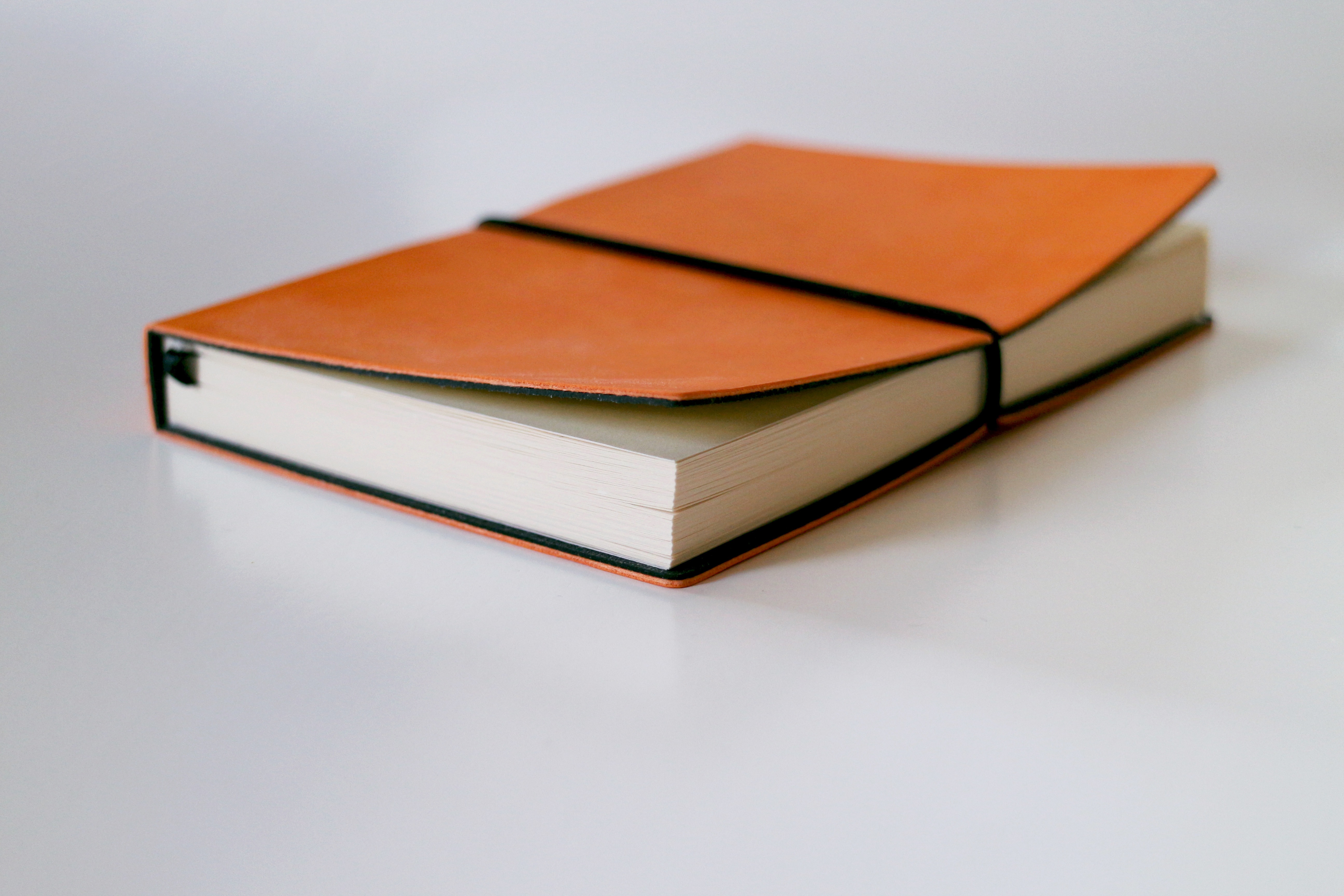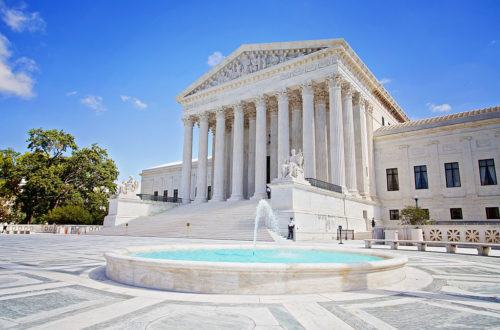Since the publication of our earlier article about China signing onto the Hague Agreement, some of our Hong Kong clients have expressed interest in taking advantage of the Hague international design application system, i.e., filing a Hague international design application with the CNIPA (Chinese National Intellectual Property Administration) as a receiving office (RO). Up until this moment, the World Intellectual Property Organization (WIPO) and the CNIPA[1] have been silent on whether a Hong Kong design applicant without a habitual residence or business office in mainland China would be eligible to file a Hague international design application with the CNIPA as a RO. We recently brought this matter forward to the…
-
-
Amendments to the China Patent Examination Guidelines in 2022 – Part 1: New rules for designs in view of China signing onto the Hague Agreement
This year, China stepped further onto the international scene by signing on as a member of the Hague Agreement. The Hague Agreement is an international registration system allowing applicants to file a single international design application in a single language to obtain protection in over 100 designated member countries. The US has been a member since May 13, 2015. China joined this year. On 5 February 2022[1], the Government of China deposited its instrument of accession to the 1999 Geneva Act of the Hague Agreement, being the 68th contracting party to the 1999 Act and 77th member of the Hague Union. This harmonizes certain aspects of China’s design patent law…
-
China Proposes New Examination Guidelines for Utility Models
The Utility Model (UM) in China has always been a popular choice for patent filing due to its relatively low cost and speed of prosecution. The UM prosecution only includes a preliminary examination, which is essentially a mini (stripped down) version of an invention application’s substantive examination.[1] With the simplified examination process, UMs are typically granted without issue. Unfortunately, this may soon not be the case anymore. Heightened Inventiveness Standard + Formal Search The CNIPA[2] has recently published an official letter in response to a Proposal from a CPPCC member regarding problematic patents and malicious competition based thereon in the lithium battery industry.[3][4] The key messages stated in these letters…





